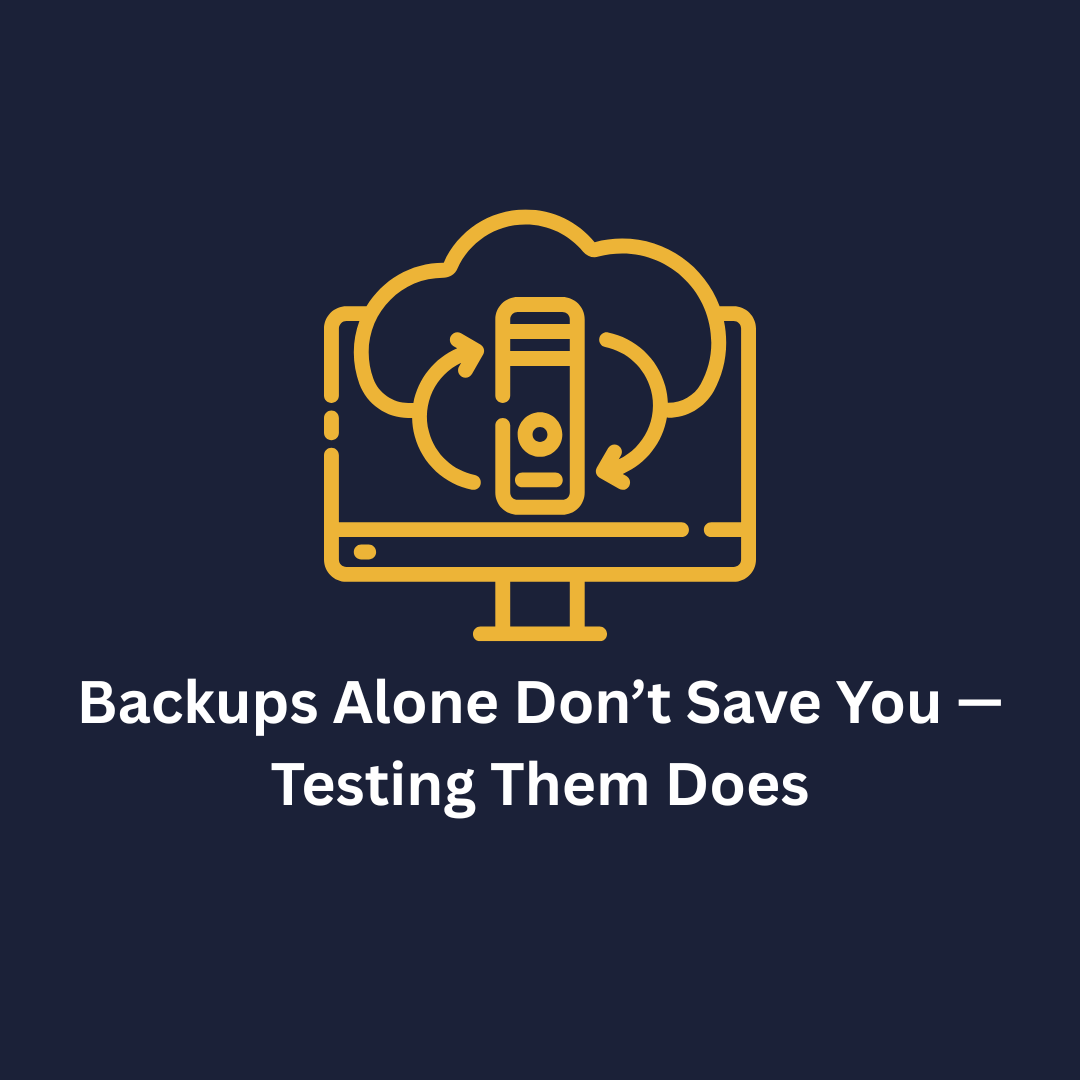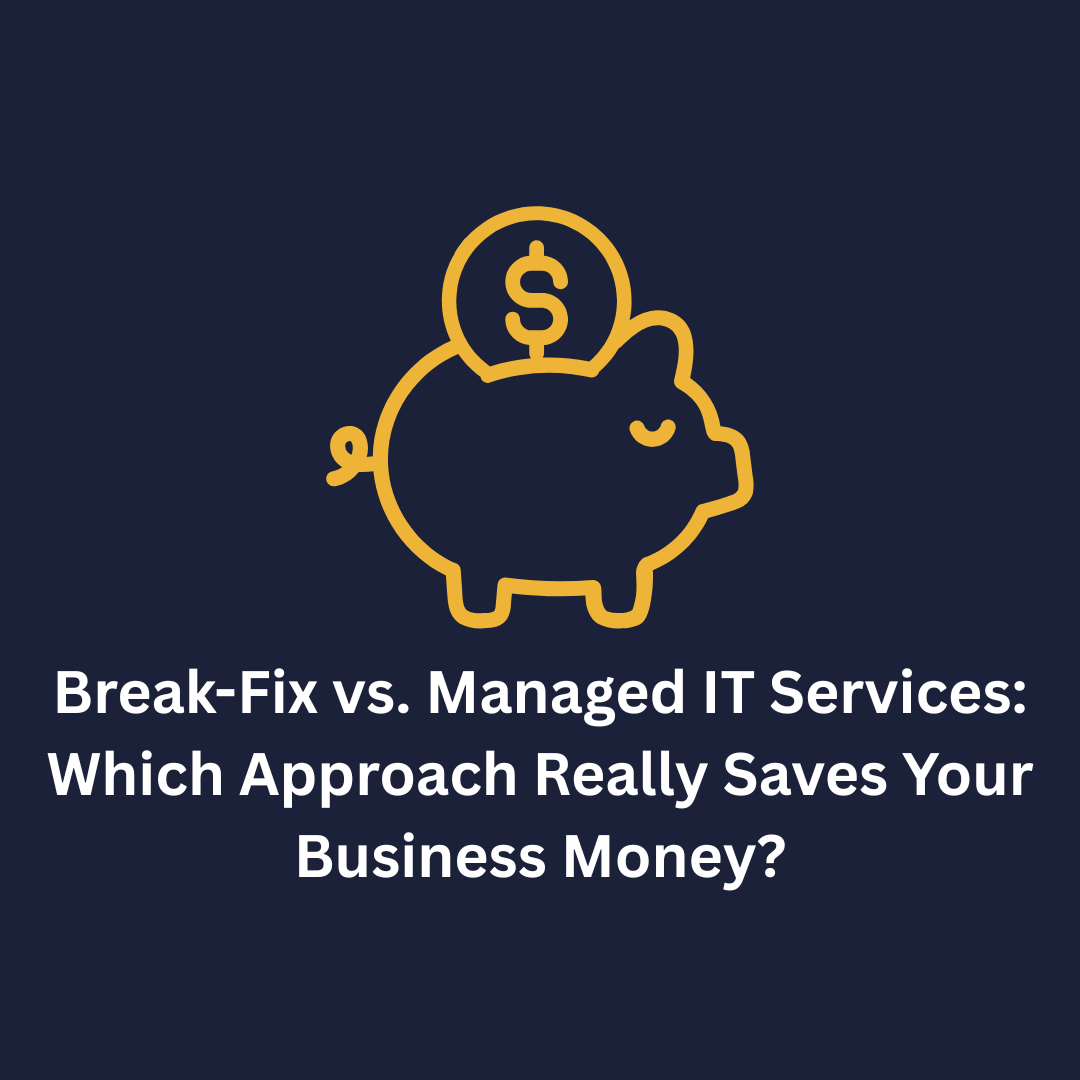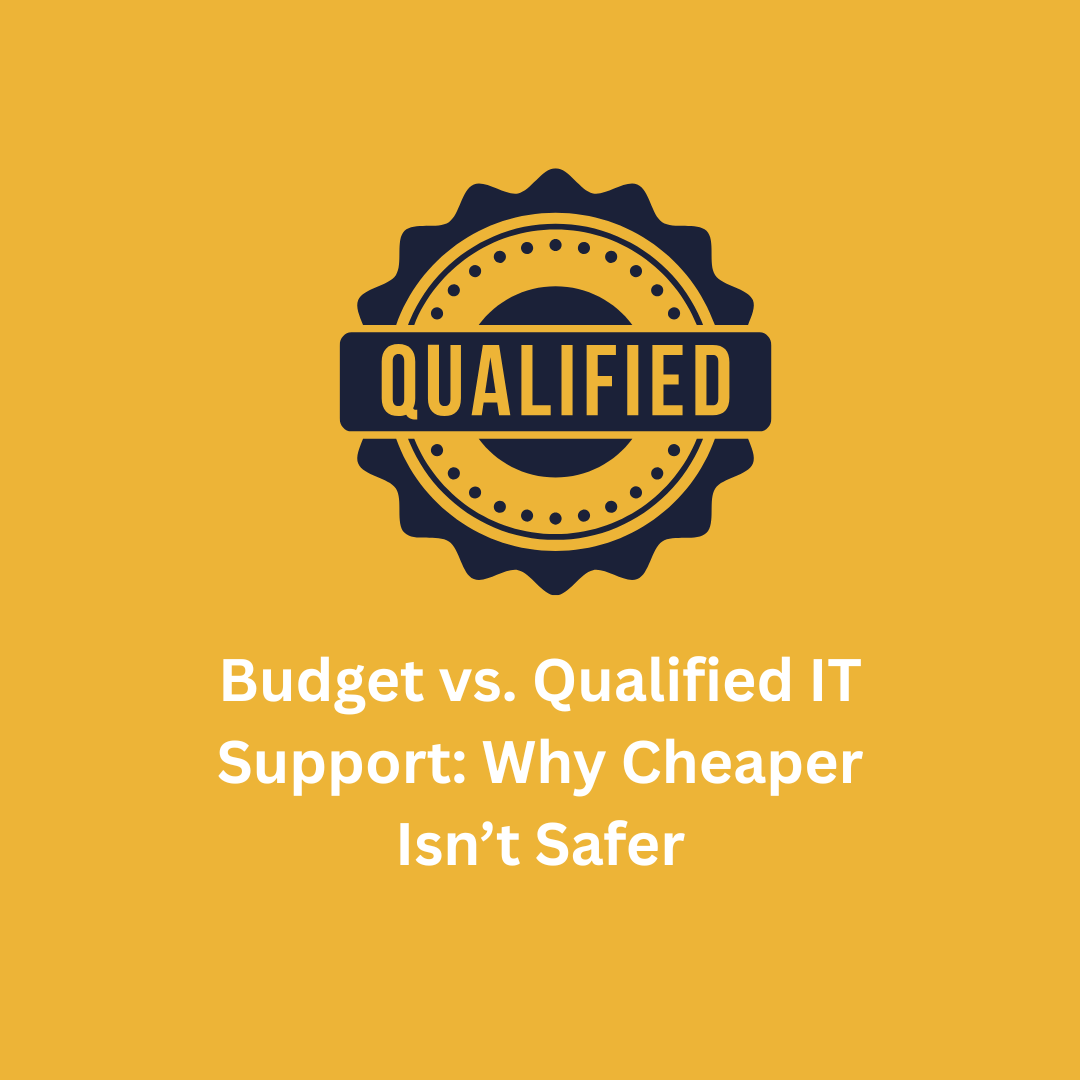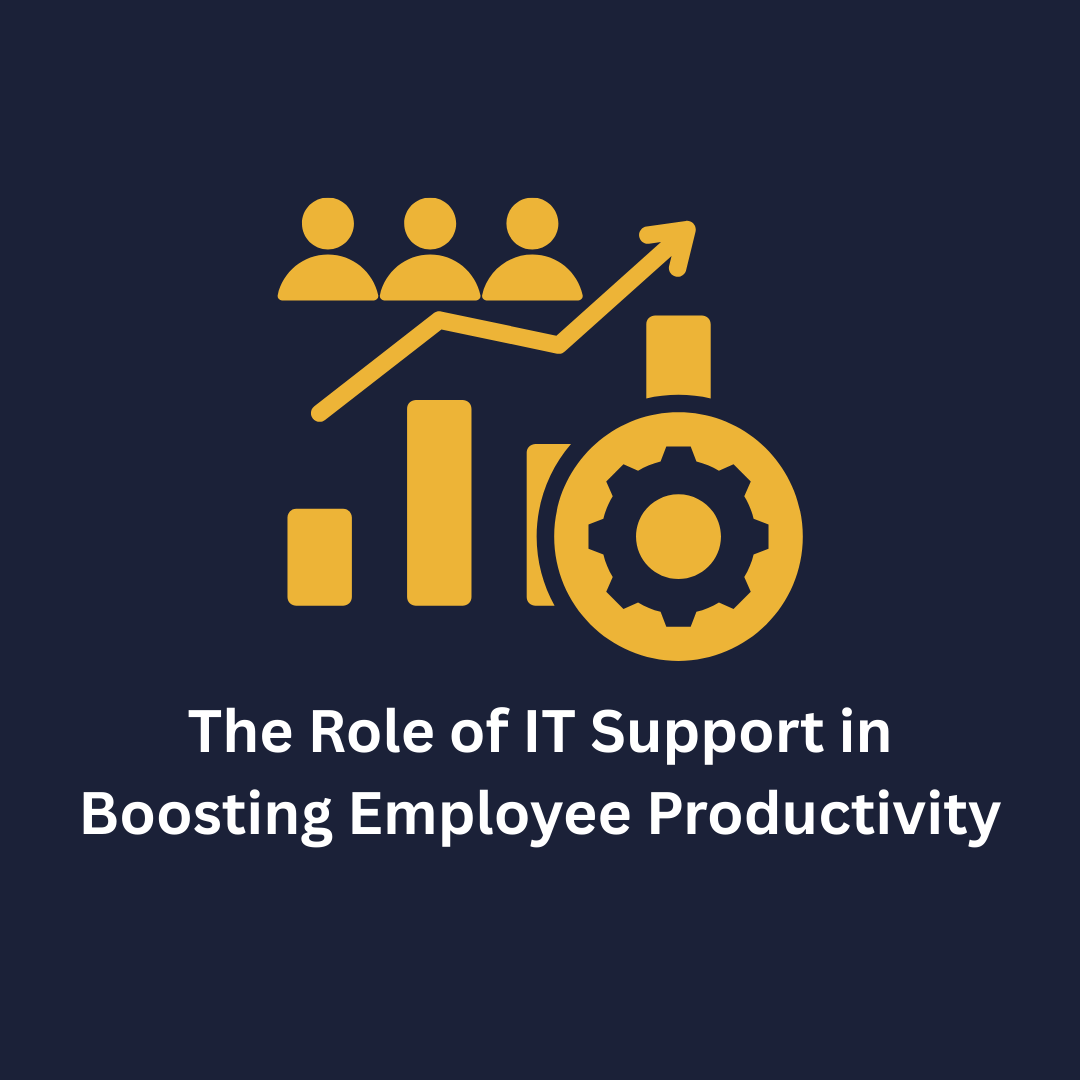IT Policy for Small Businesses
Why Your Business Needs a Comprehensive IT Policy
As a people-focused managed service provider (MSP), Honorbound IT is dedicated to empowering and educating the individuals behind the keyboards so they can fully leverage their business technology. We focus on equipping our clients to effectively respond to phishing attacks, manage clean databases, establish robust security protocols, and migrate to cloud-based services.
Today, we want to discuss an aspect that may be less technical but is equally crucial for a healthy technological environment: the importance of a comprehensive IT policy.
In today's digital landscape, technology is integral to all businesses, regardless of their industry. A well-crafted IT policy serves as the foundation for acceptable practices surrounding the human element of any business technology system. However, many companies may view these policies as an afterthought. The reality is that every organization has become a tech company, whether they realize it or not.
Why a Robust IT Policy is Essential
The risks associated with business technology are on the rise. With threats such as ransomware attacks, evolving user privacy regulations, reputational damage from poor social media management, and the shift towards remote work, many companies are compelled to reevaluate their IT policies.
Here are some fundamental elements every comprehensive IT policy should include:
1. Privacy
How does your business safeguard employee and client information? Beyond the ethical obligation to protect confidential data, many states have enacted laws regulating consumer data handling. Your privacy policy should outline the types of information collected, its intended use, storage practices, and circumstances under which disclosure may occur.
2. Acceptable Use of Technology
How are employees allowed to utilize the business's technological assets? An acceptable use policy should clearly differentiate between personal and business technology usage. It should address questions like whether office printers can be used for personal purposes, the use of personal email for business communication, and the company's stance on a bring-your-own-device (BYOD) policy. Clearly defined expectations will help employees understand the boundaries of technology use.
3. Cybersecurity
How will you protect your business, employees, and clients in the digital space? As cybersecurity threats evolve, so must your policies. Your cybersecurity plan should cover password requirements, email security measures, employee training, acceptable app and cloud usage, cybersecurity insurance, device security (including multi-factor authentication), software and hardware upgrade schedules, encryption standards, and backup strategies.
4. Data Breach Response
How will your business prevent and respond to data breaches? According to IBM’s 2023 report, the average cost of a data breach for U.S. companies is around $4.45 million. A solid data breach policy should encompass contingency plans, employee training, incident response team roles and responsibilities, continuous monitoring, and governance for sensitive data access.
5. Social Media Guidelines
What expectations does your organization have regarding employees' use of personal and business social media accounts? A clear social media policy should define unacceptable content on personal accounts, outline how employees can access their personal accounts during work hours, and specify who is authorized to post on official business accounts.
6. Work-from-Home Expectations
What are your policies for employees working from home? This component addresses critical questions about remote work arrangements, including who is eligible to work from home and how often. Your policy should also provide guidelines for how remote employees collaborate with the rest of the team.
The Importance of Overlapping Policies
Many of these policy components are interconnected, especially regarding cybersecurity, which impacts every area of IT policy. However, the aim of a strong IT policy is not merely to fill a handbook but to establish clear guidelines that help employees and managers understand expectations, consequences, and best practices. This clarity not only protects your digital assets but also empowers your company to thrive in a technology-driven world.
Ready to Strengthen Your IT Strategy?
At Honorbound IT, we understand the complexities of creating a robust IT policy. Our team is here to guide you through the process, ensuring that your organization is well-equipped to navigate the ever-evolving tech landscape. Contact us today, 877-686-6642 to learn more about how we can help you develop an effective IT policy that enhances your business operations!
























.png)















































































